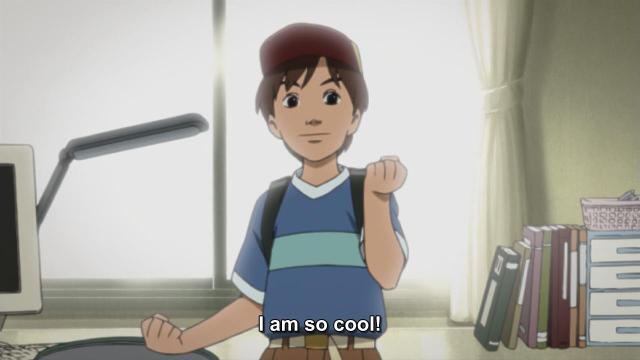Rome wasn’t built in one day, and neither was this blog. We’ve passed several noteworthy milestones over the past couple of months, so it’s a nice opportunity to take a moment and reflect on the journey this blog and I have gone on over the years, as I highlight them.
First, 1 million page-views was reached late at night on April 29th! It’s taken us a long time to get here, and I thank all of you who’ve read the posts, and took the time to interact with me, and other readers on the blog. I know I haven’t always been the best about responding to comments timely, and have gone on periods of inactivity at times, but thank you for all visitors, past and current. Trolls aside. Nobody likes trolls. Sorry.
Speaking of how long it’s taken to get here, the first post on this blog was made on March 3rd, 2009. That’s just over 7 years ago! It was an early screening review of the Watchmen film. It wasn’t a very good film, let me tell you that. Later that month, I covered the beautifully written Jonathan Strange and Mr. Norrell, by Susannah Clarke, which isn’t perfect, but is quite good. As you can see, the blog’s start in particular was much more wide-ranged than otaku interests alone, and later down the road I even covered a geeky bootleg shirt!








